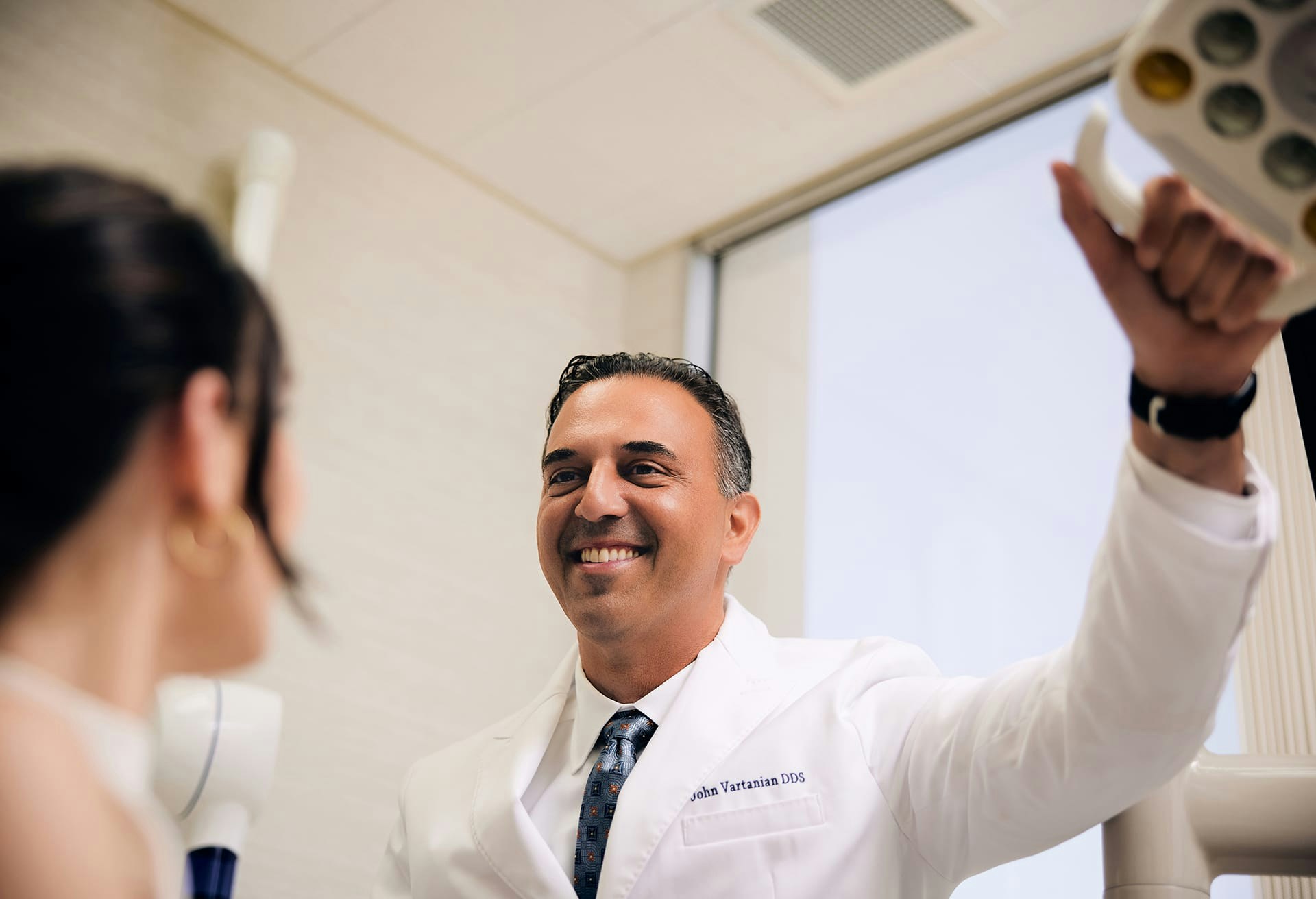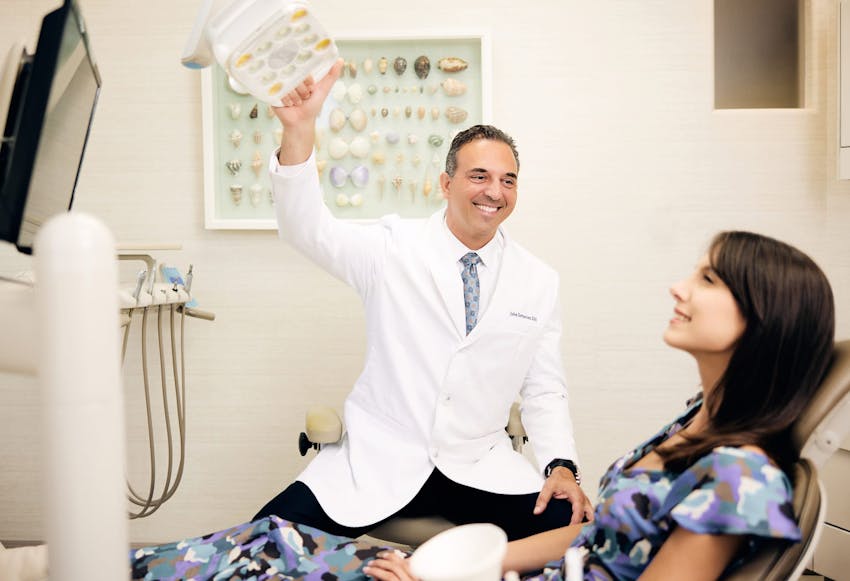Preventative care is extremely important to your overall health, not just oral health.
Prevention, prevention, prevention.
As the adage goes, ‘an ounce of prevention is worth a pound of cure.’ Everyone has the opportunity to practice preventative dental care themselves by brushing at least twice a day and flossing each night. A healthy diet low in sugar and high in calcium and phosphorus is another way people can maintain healthy teeth and gums. Visits to a dentist and dental hygienist on a regular basis is also essential. For most people, every six months is sufficient. For people with a history of dental disease, every three to four months is necessary.







